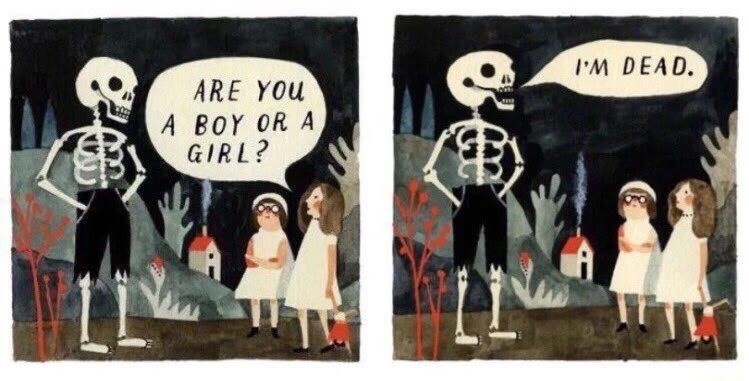
Andrey Semyonovich went over to the table and took a drink from the cup of blackened water.
The 80'000h model says that "You'll spend about 80,000 hours working in your career: 40 hours a week, 50 weeks a year, for 40 years".
The Jars of Marbles model says that "The average person lives about 75 years, of 52 weeks each, totaling 3,900 Saturdays which the average person has in their lifetime."
To compare different chronic risks to one another, researchers came up with the concept of a microlife, defined as 30 minutes of life expectancy. Someone in their twenties may have about 57 years left of life on average, about 20,000 days, a half-million hours, or one million microlives.
Exercising for twenty minutes may add an two microlives to your life. So, for everyone who says they don’t have time to work out, exercising potentially gives a three-to-one return on investment. Give twenty minutes of your life to theoretically get sixty minutes of life. Beyond that, there’s a bit of diminishing returns, but exercise an hour a day and you still may get back more time than you put in.
I try to delight in the sunshine that will be when I shall never see it any more.George Eliot

What would a good death look like?
It looks like retaining control, dignity, and privacy. Choosing where and how you spend your last days. Being able to say goodbye, and being able to leave when it is time to go and not have life prolonged pointlessly. Having pain relief, emotional support, and respect for your wishes.
What is it like to die from voluntarily stopping to eat and drink? There are a lot of anecdotes floating around describing death from VSED as peaceful, painless, and dignified. The average time of death after stopping eating and drinking is about seven days, though 8 percent lived for more than two weeks. The last days of life were rated as peaceful, with low levels of pain and suffering, even more so than a physician-assisted death. Most hospice workers said they would consider VSED themselves should they become terminally ill.
The state of terminal dehydration may even have some analgesic (painkilling) effect, presumed to be due to the release of endorphins, which act as natural pain blockers. So, concluded a systematic review published in a palliative care journal, VSED may reflect all twelve principles of a good death, with an emphasis on retaining dignity and control.
There are other side benefits to the dehydration process. There is less worry about incontinence, catheters, or bedpans, and less nausea and vomiting as our digestive secretions dwindle. Fewer respiratory secretions mean less coughing and choking and fewer drowning sensations.
Cette absence sociale de la mort est identique à l'absence sociale de vie.Guy Debord, La Societe Du Spectacle


incoming: devine lu linvega